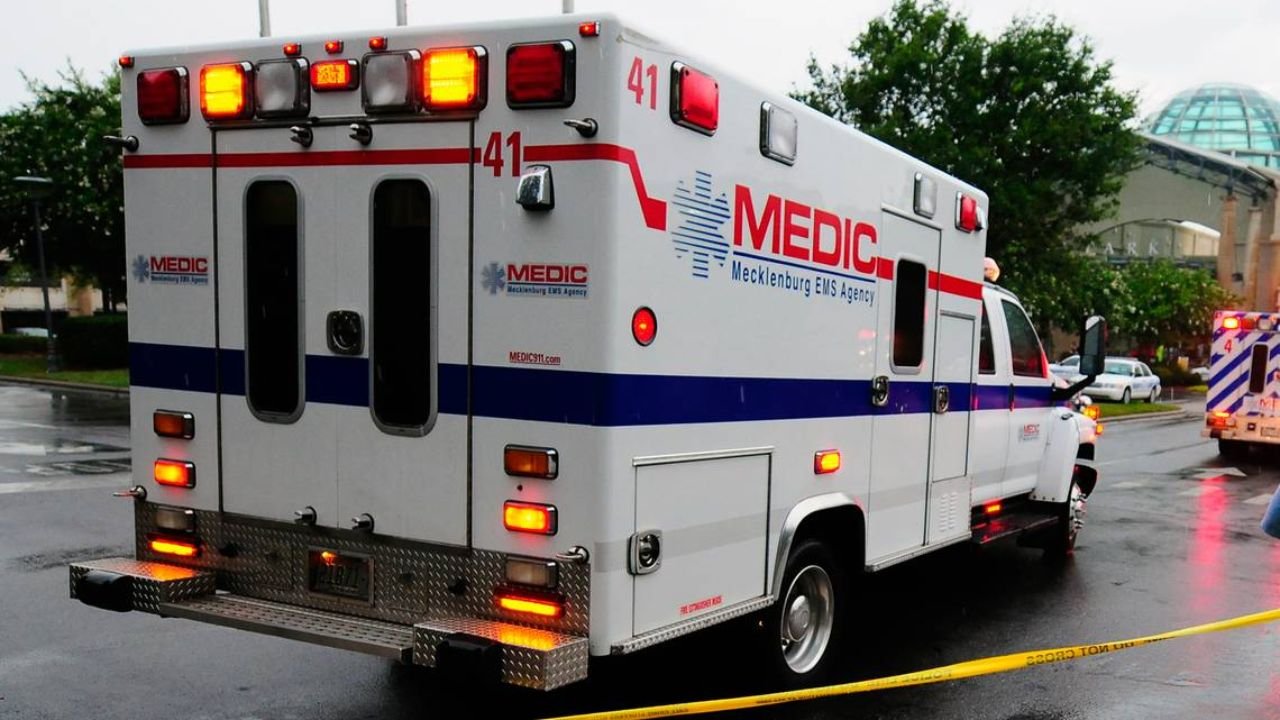Charlotte Fire and Medic Reach Agreement on EMS Overhaul Amid Growing Emergency Demands
CHARLOTTE, N.C. — City leaders are moving forward on long-awaited reforms to Mecklenburg County’s emergency medical services. In a significant development, Charlotte Fire and Medic have finalized an agreement to revamp EMS operations, following years of criticism over response times and system strain.
The updated framework aims to improve coordination, reduce emergency wait times, and expand ambulance and paramedic staffing as the city’s population continues to grow.
New Framework Supports Long-Term Reform
The agreement — which automatically renews every 90 days unless modified or terminated — was designed to support accountability, continuity of care, and regular system evaluation, according to Queen City News.
Charlotte Fire officials say the partnership outlines a clear path toward measurable progress, even as further improvements remain necessary.
“This is a step in the right direction. But more must be done to fix a system that has not kept pace with Charlotte’s growth,” said Charlotte Fire Chief Reginald Johnson.
Key Improvements in the EMS System
Under the agreement, Medic will lead the implementation of several major changes, including:
- Tiered reduction of Charlotte Fire’s role in low-acuity and non-urgent calls
- Expansion of ambulance fleet to ensure more units are in service at peak times
- Increased field staffing of EMTs and paramedics to reduce delays
- Reduction in non-emergency calls that divert fire trucks from more critical incidents
This overhaul comes after years of frustration among residents and first responders alike. Charlotte Fire has long advocated for a more modern EMS model to keep pace with urban growth and rising 911 call volumes.
System Lagging Behind a Growing City
Despite Mecklenburg County’s expanding population, Medic’s service model has remained largely unchanged, causing fire trucks to be routinely dispatched to medical calls — even minor ones — which can leave neighborhoods vulnerable during larger emergencies like structure fires or rescues.
Charlotte Fire emphasized that the goal is to improve system efficiency and ensure that high-priority calls receive the necessary resources.
“Charlotte Fire remains committed to serving with professionalism, urgency, and a focus on what’s best for the community,” the department said in a statement.
The hope is that a rebalanced EMS load will relieve pressure on fire crews and improve response times across all emergency services.
Next Steps and Ongoing Evaluation
While this operational framework marks progress, both agencies acknowledge the need for continued investment and monitoring to ensure the changes deliver real improvements on the ground.
The agreement’s 90-day renewal cycle is meant to provide flexibility while ensuring accountability from both Medic and Charlotte Fire.
Have you or someone you know experienced delays in EMS response times in Charlotte or Mecklenburg County? Share your experience in the comments — your input helps shape the conversation at saludastandard-sentinel.com.







